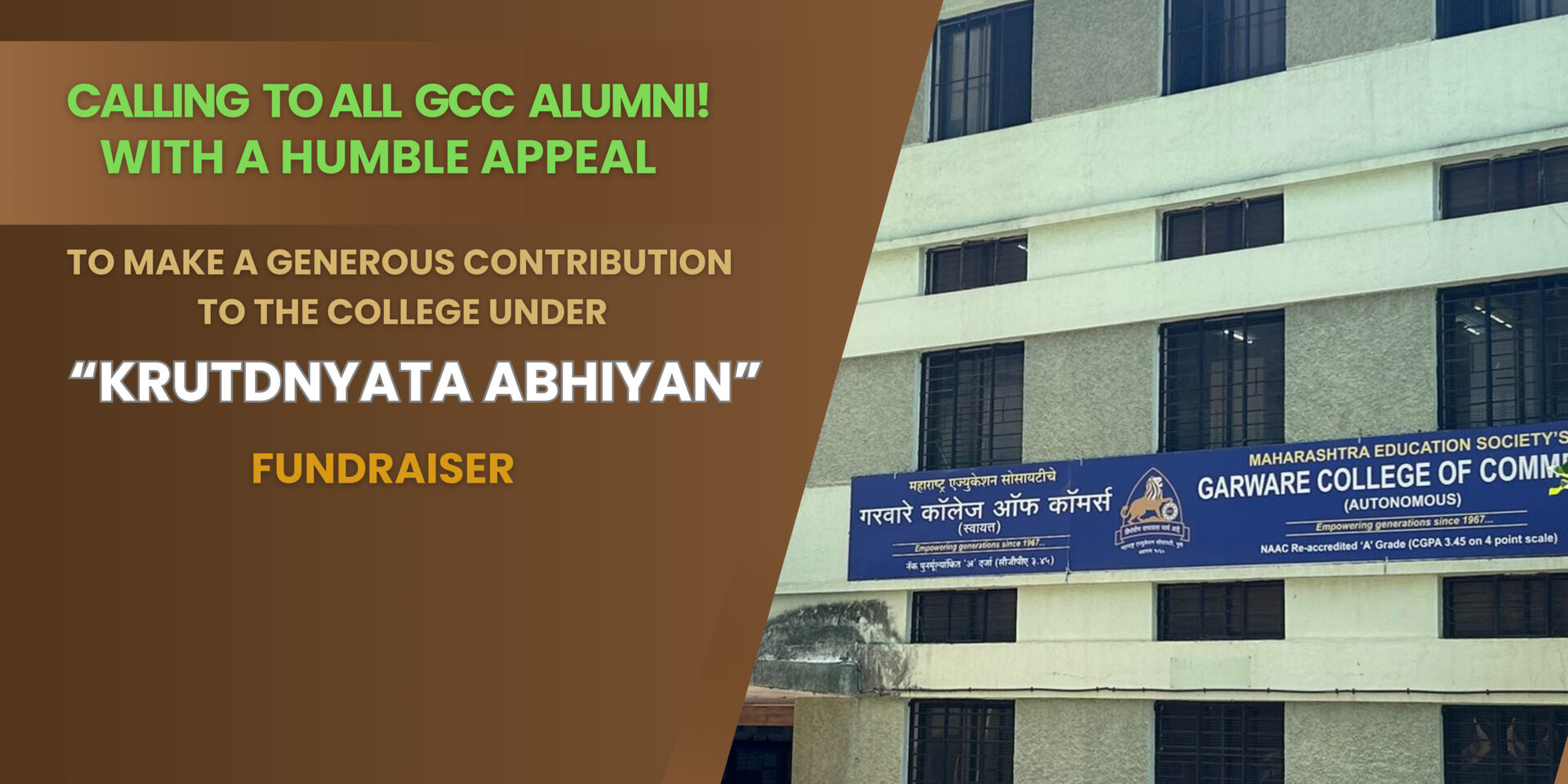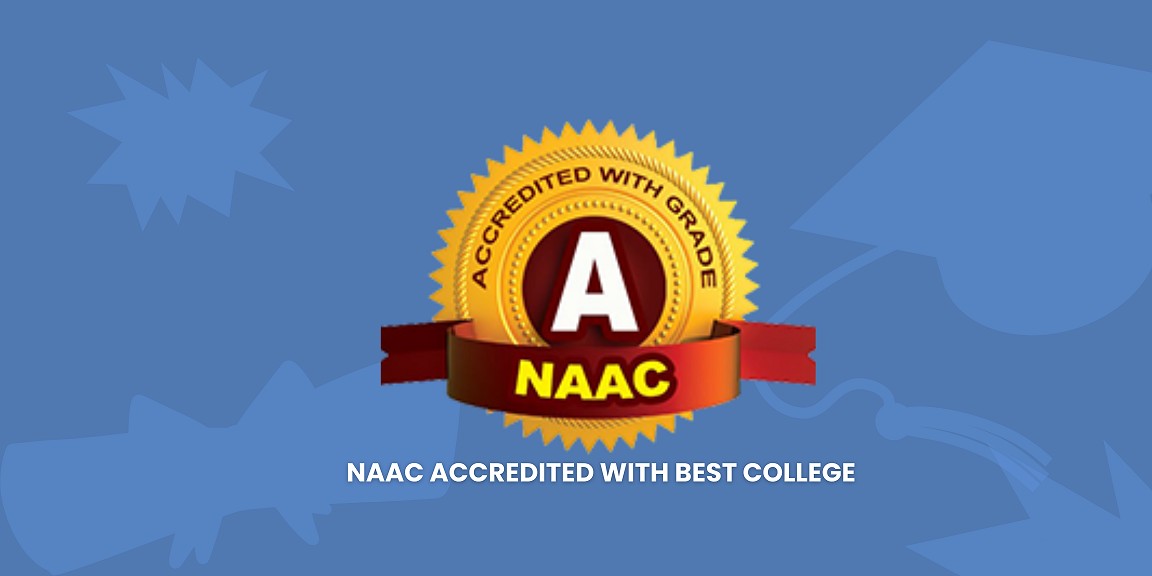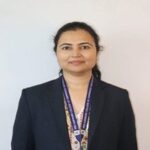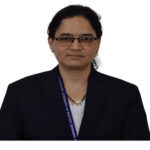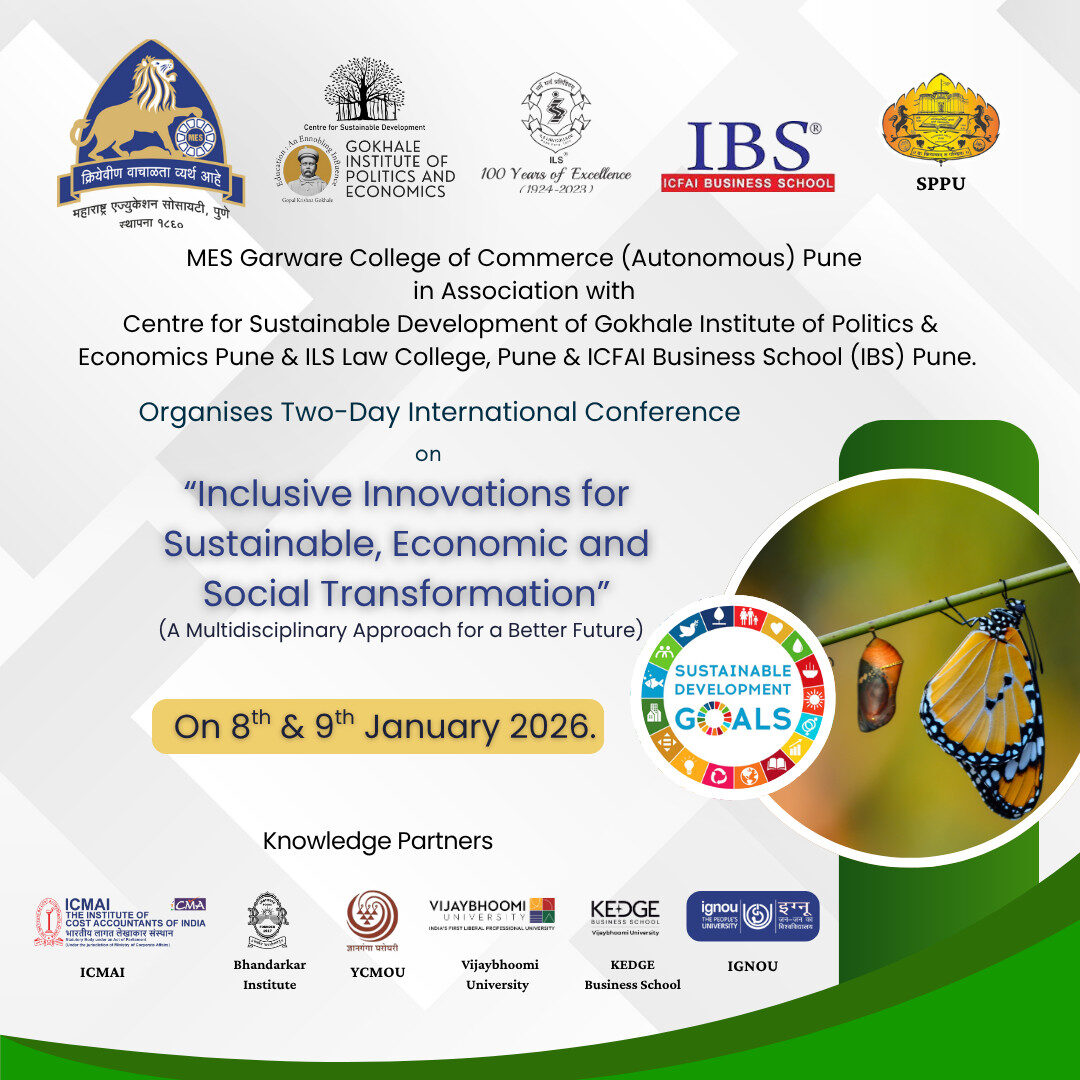Master Commerce, Craft
Futures
WHAT IS M. COM?
The Masters of Commerce Programme is a 2-year full time Post-Graduation (PG) Programme that provides theoretical and practical knowledge to an aspirant under the faculty of Commerce and Management. This Programme is designed to develop a strong foundation to pursue a career in Accounting, Taxation and Finance through the specialisation courses of Advanced Accounting & Taxation and Cost Accounting.
The Curriculum of this programme provides enrichment under Autonomous structure and shall provide advanced knowledge and skills through the core and discipline specific courses which includes Strategic Management, Advanced Accounting, Taxation, Cost Accounting, Management Accounting, Financial Analysis and Control, Business Finance, Economics and Research.
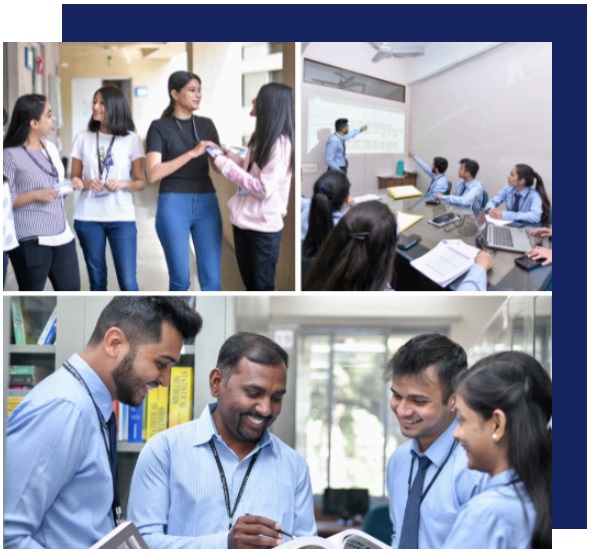
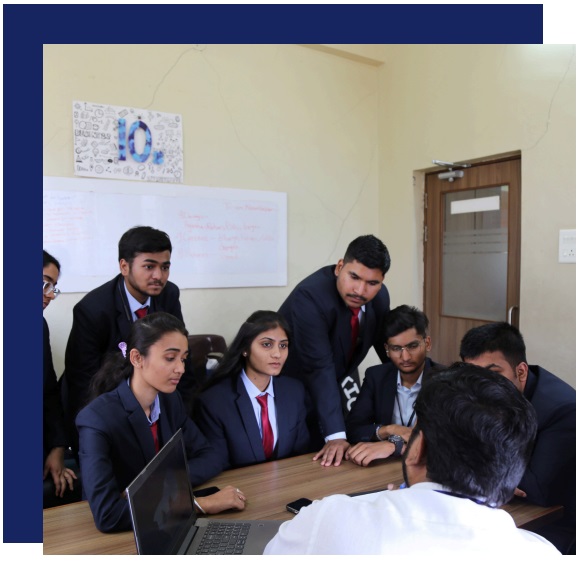
Why to choose GCC?
- Research-Oriented Curriculum
- Practical Application of Theories
- Strong Industry Relevance
- Global Business Perspective
- Advanced Financial Analysis Skills
- Business Strategy Development
- Leadership and Management Skills Enhancement
- Networking Opportunities
- Preparation for Advanced Career Opportunities
Specialisations in M.com
As per the curriculum of
NEP 2020, M.COM has two specialisations:
Advance Accounting
Advance Cost Accounting
THINGS YOU SHOULD KNOW
PROGRAMME DURATION
M.COM is a programme
with a duration of 2-year
full-time.INTAKE CAPACITY - GRANT
Part I - 60 students
Part II - 60 studentsINTAKE CAPACITY - NON GRANT
Part I - 60 students
TIMING
*ELIGIBILITY
A student who has passed any Bachelor Degree of any recognized University shall be eligible for M.Com. Programme.
Any graduate from Indian or Foreign University with Minimum four Commerce subjects. (The admissions of International Students and NRI Students are processed by International Students Cell, Savitribai Phule Pune University.)
*As per Savitribai Phule Pune University (SPPU) Guidelienes
LEARNING SYSTEM
- At Garware College Of Commerce, we focus more on Quality Education than Quantity Education and provide opportunities to succeed.
- We help students to understand different concepts in innovative ways.
- We have good digital infrastructure like Projectors at every classroom of GCC and several well-equipped Computer Laboratories to make learning interesting and interactive.
- We also have a departmental and digital library with 64,000+ books and 320+ e-books for all our students so that the learning process is relentless.
Advanced Financial
Skills
Business Strategy
Development
Leadership and Management Skills
Enhancement
Research and Analytical
Proficiency
Global Business
Perspective

Communication and
Presentation Skills
Critical Thinking and
Problem-Solving Abilities
Data Interpretation and
Decision-Making Skills
Financial Modeling
and Forecasting Skills
Project Management and
Implementation Skills
CAREER OPPORTUNITIES
Finance and Banking
Consulting
Accounting and Auditing
Government and Nonprofit Organizations
Entrepreneurship and Startups
Education and Research Institutions
International Business
Corporate Sector
- To develop the strong foundation essential for pursuing a career in Accounting, Taxation and Finance.
- To equip the students with industry relevant knowledge for advancement of career relevant to the corporate world.
- To impart academic and research skills including academic writing, teaching, data analysis and interpretation.
- To develop soft skills, problem solving skills and decision-making skills with a holistic perspective.
- To enhance the understanding of cyber security, business ethics, fundamentals and human rights, etc. to become socially responsible, value driven citizens committed to sustainable development.
- To enable students to attain proficiency for a successful career in academics, research or for gainful employment and entrepreneurship.
For all the Papers of all the Semesters, it is mandatory for a student to get minimum 40% marks for passing. This is applicable for CCE (Internal Assessment) and also for Semester End Examination. It means there is a separate passing for Internal (CCE) as well Semester End Examination.
Scheme of Credits
Teaching – Learning process and the evaluation of the assigned work, totaling to 60 hours shall be worth offering 4 credits for a given Paper during a given Semester. In other words, 1 Credit = 15 hours worth ‘teaching - learning & evaluation’ process.Distribution of ‘Teaching – Learning and Evaluation’ hours There shall be 60 Teaching / Learning hours/Evaluation for each subject to complete the entire process to acquire 4 credits.a) Distribution of 64 Credits for Post Graduate M. Com. Degree Programme shall be as below :
| Sr. No. | Semester | Total Credits |
| 1 | Semester I | 16 |
| 2 | Semester II | 16 |
| 3 | Semester III | 16 |
| 4 | Semester IV | 16 |
| Total | 64 |
Distribution of Credits
Distribution of total credits for Two Years M.Com. Programme is as follows:-| Sr.No. | Nature of Courses | Semesters (Credits) | Total (Credits) | |||
| I | II | III | IV | |||
| 1 | Core Course | 08 | 08 | 08 | 08 | 32 |
| 2 | Core Course Practical | -- | -- | -- | 04 | 04 |
| 3 | Generic Elective Course | -- | -- | -- | -- | 04 |
| 4 | Discipline Special Elective Course | 08 | 08 | 08 | 04 | 28 |
| 5 | Skill Enhancement Course | -- | 01 | 03 | 04 | 08 |
| 6 | Ability Enhancement CompulsoryCourse | 02 | 02 | 03 | 01 | 08 |
| Sub Total | 18 | 19 | 22 | 21 | 80(Grand Total) | |
- Course - A “Course” is a component of a Programme, so in the new system, papers will be referred to as courses. Each course is identified by a unique course code. While designing curriculum, courses can have defined weightages. These weightages are called Credits. Each course, in addition to having a syllabus, has learning objectives and outcomes. A course may be designed to comprise lectures/ tutorials/ field work project/vocational training /viva-voce etc. or a combination of some / any of these.
- Credit - The definition of “Credits” can be based on various parameters. These may be the learning hours put in, learning outcomes and contact hours, the quantum of content/ syllabus prescribed for the course. The Credit System requires that a student progresses in the academic Programmes not in terms of time (years or semesters), but in terms of courses.
- CC - Core Course - A course, which should compulsorily be studied by a candidate as a core requirement is termed as a Core Course.
- Generic Elective (GE) Course - An elective course chosen generally from an unrelated discipline/subject, with an intention to seek exposure is called a Generic Elective. P.S.: A core course offered in a discipline/subject may be treated as an elective by other discipline/subject and vice versa and such electives may also be referred to as Generic Elective.
- DSC- Discipline Specific Elective Course - Elective courses offered by the main discipline/ subject of study is referred to as Discipline Specific Elective.
- SEC- Skills Enhancement Course - These courses are designed to provide value-based knowledge and contains both theory and lab/hands[1]on/training/field work. The main purpose of these courses is to provide students life-skills in hands-on mode so as to increase their employability.
- AECC- Ability Enhancement Compulsory Course – These courses are based upon the content that leads to knowledge enhancement. These courses are mandatory for all disciplines. b) Course wise Distribution of Credits For Additional Compulsory Courses Students are required to secure following 16 credits to acquire total 80 credits.


